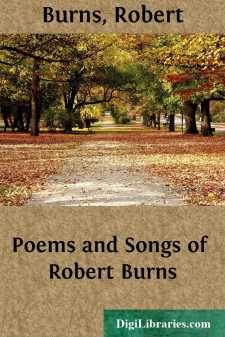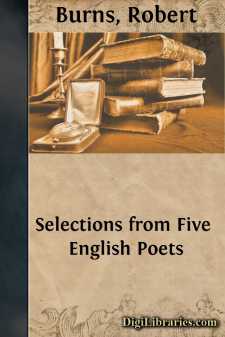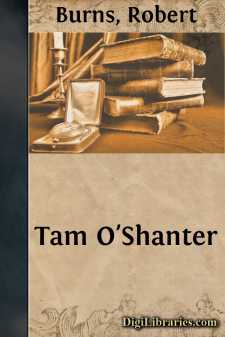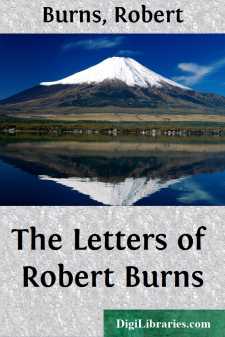Categories
- Antiques & Collectibles 13
- Architecture 36
- Art 48
- Bibles 22
- Biography & Autobiography 813
- Body, Mind & Spirit 142
- Business & Economics 28
- Children's Books 14
- Children's Fiction 11
- Computers 4
- Cooking 94
- Crafts & Hobbies 4
- Drama 346
- Education 46
- Family & Relationships 57
- Fiction 11829
- Games 19
- Gardening 17
- Health & Fitness 34
- History 1377
- House & Home 1
- Humor 147
- Juvenile Fiction 1873
- Juvenile Nonfiction 202
- Language Arts & Disciplines 88
- Law 16
- Literary Collections 686
- Literary Criticism 179
- Mathematics 13
- Medical 41
- Music 40
- Nature 179
- Non-Classifiable 1768
- Performing Arts 7
- Periodicals 1453
- Philosophy 64
- Photography 2
- Poetry 896
- Political Science 203
- Psychology 42
- Reference 154
- Religion 513
- Science 126
- Self-Help 84
- Social Science 81
- Sports & Recreation 34
- Study Aids 3
- Technology & Engineering 59
- Transportation 23
- Travel 463
- True Crime 29
Robert Burns
Robert Burns (1759–1796) was a Scottish poet and lyricist, widely regarded as the national poet of Scotland. He is best known for his work in the Scots language, including celebrated poems such as "Auld Lang Syne" and "To a Mouse." Burns' poetry often focused on themes of love, nature, and the human condition, blending humor and emotion. His legacy has had a profound impact on Scottish culture and literature, and his work continues to be celebrated worldwide, particularly during the annual Burns Night festivities.
Author's Books:
Sort by:
by:
Robert Burns
Preface Robert Burns was born near Ayr, Scotland, 25th of January, 1759. He was the son of William Burnes, or Burness, at the time of the poet's birth a nurseryman on the banks of the Doon in Ayrshire. His father, though always extremely poor, attempted to give his children a fair education, and Robert, who was the eldest, went to school for three years in a neighboring village, and later, for...
more...
by:
Robert Burns
INTRODUCTION When a poem is read aloud it is easy to realize that poetry is closely related to music. Like music it awakens vague, mysterious feelings which cannot be expressed in ordinary speech; and the person who fails to catch the subtle melody of a poem gets but little from it even though he understands perfectly the meaning of the words. To illustrate this, put into commonplace prose a passage of...
more...
by:
Robert Burns
WHEN chapman billies leave the street,And drouthy neebors, neebors meet,As market-days are wearing late,An' folk begin to tak the gate;While we sit bousing at the nappy,An' getting fou and unco happy,We think na on the lang Scots miles,The mosses, waters, slaps, and styles,That lie between us and our hame,Whar sits our sulky sullen dame,Gathering her brows like gathering storm,Nursing her...
more...
by:
Robert Burns
BURNS'S LETTERS. It is not perhaps generally known that the prose of Burns exceeds in quantity his verse. The world remembers him as a poet, and forgets or overlooks his letters. His place among the poets has never been denied—it is in the first rank; nor is he lowest, though little remembered, among letter-writers. His letters gave Jeffrey a higher opinion of him as a man than did his poetry,...
more...





